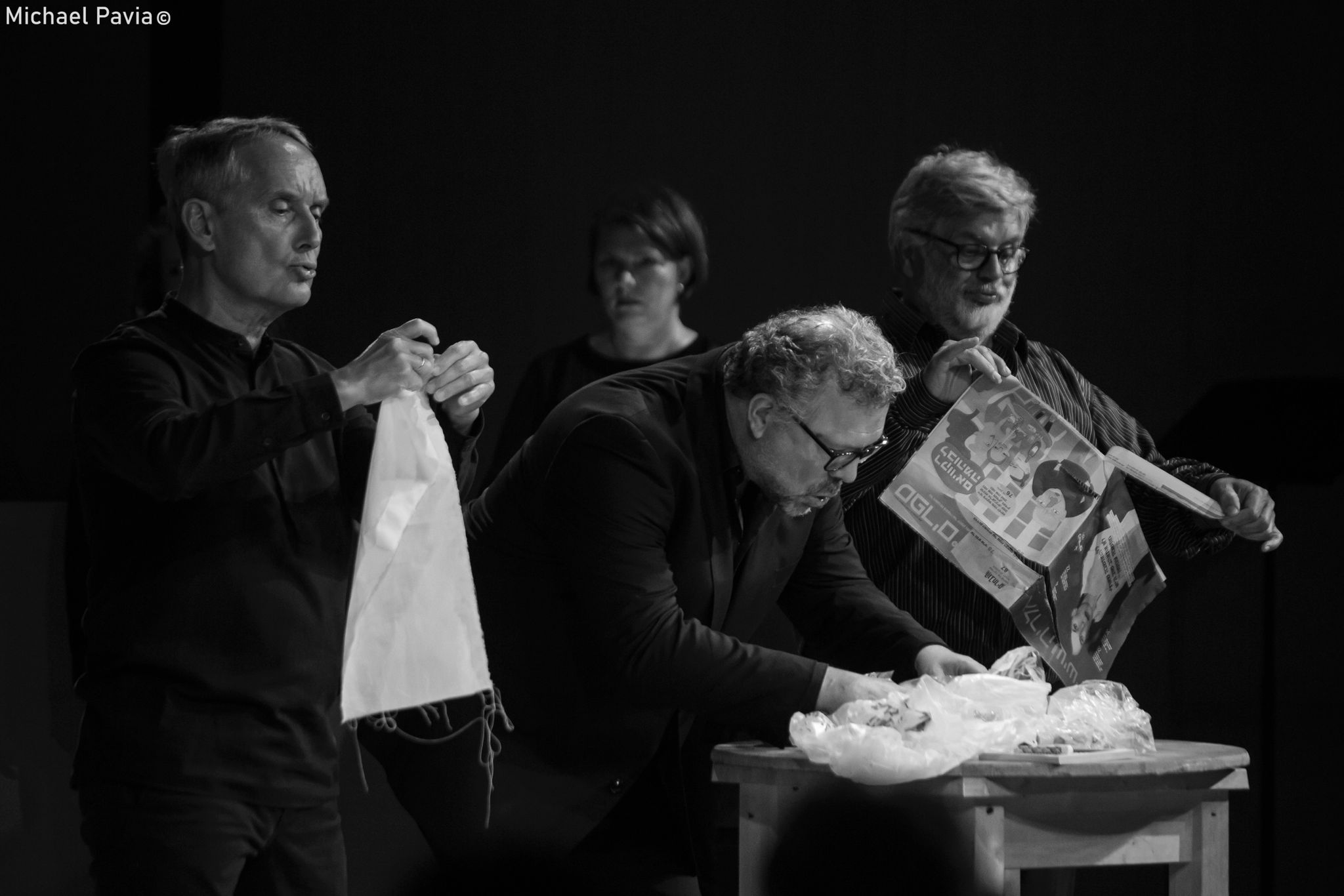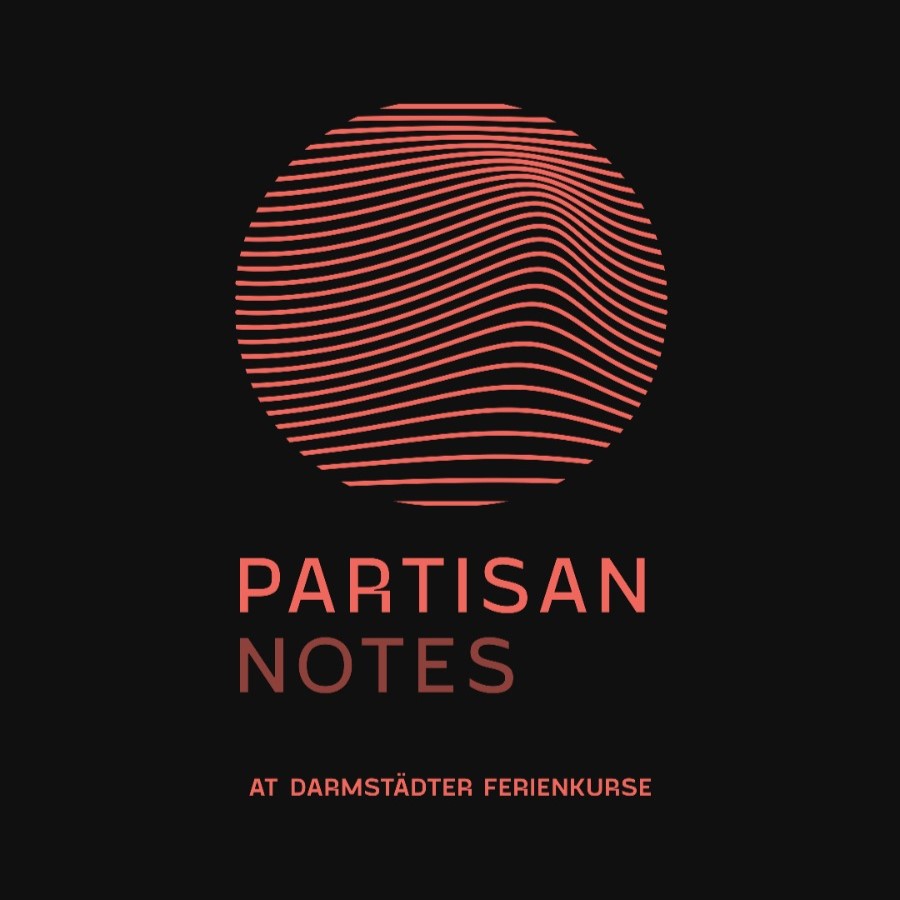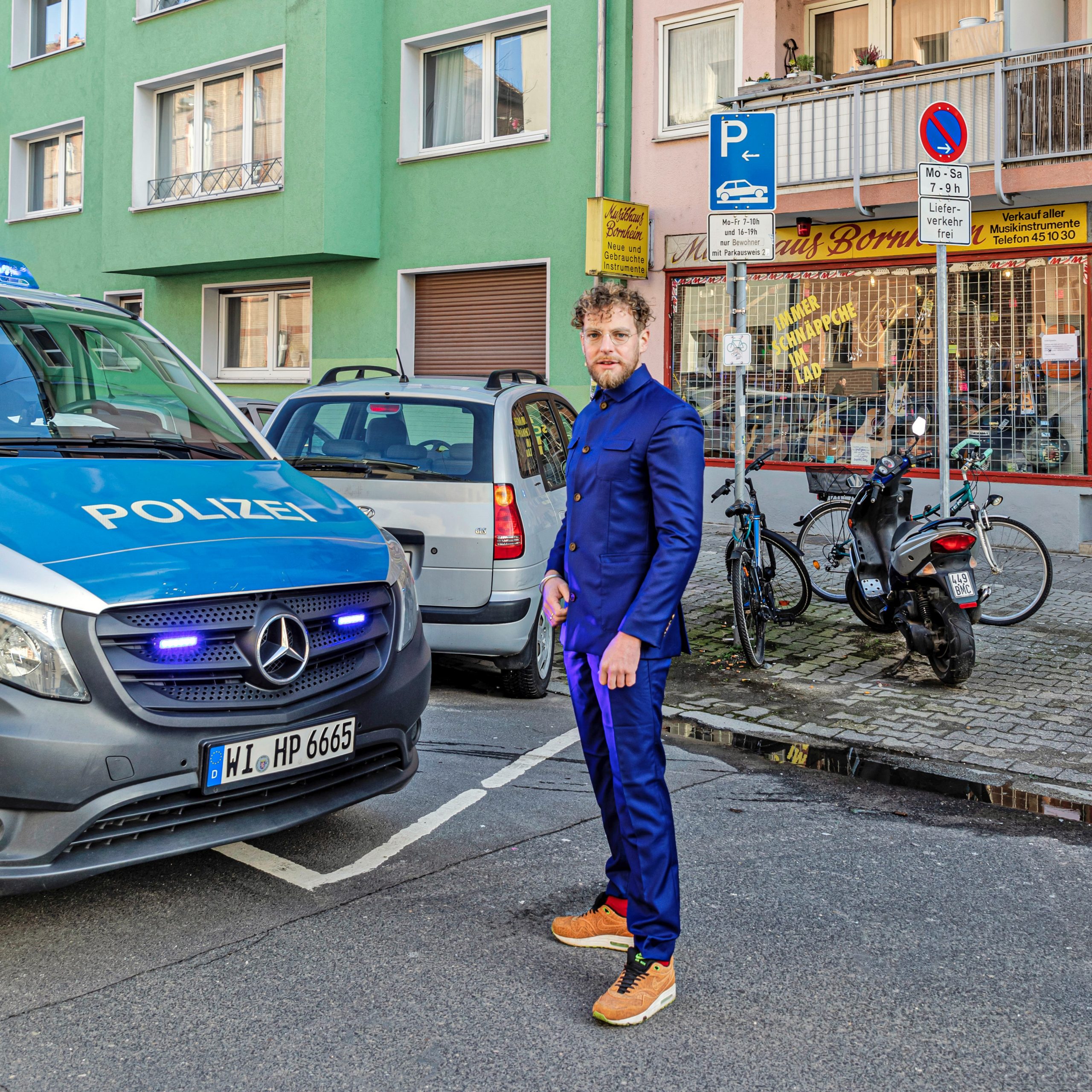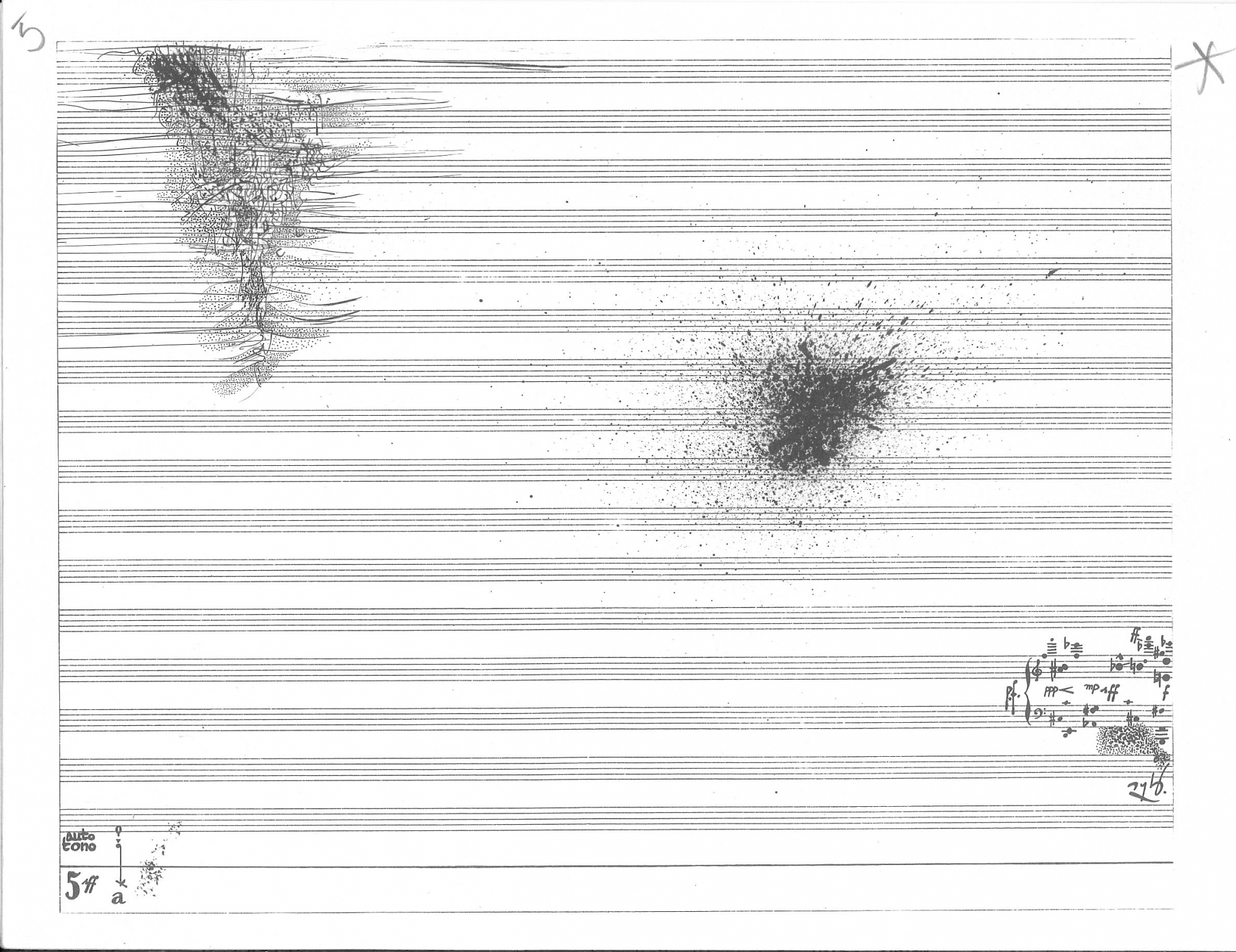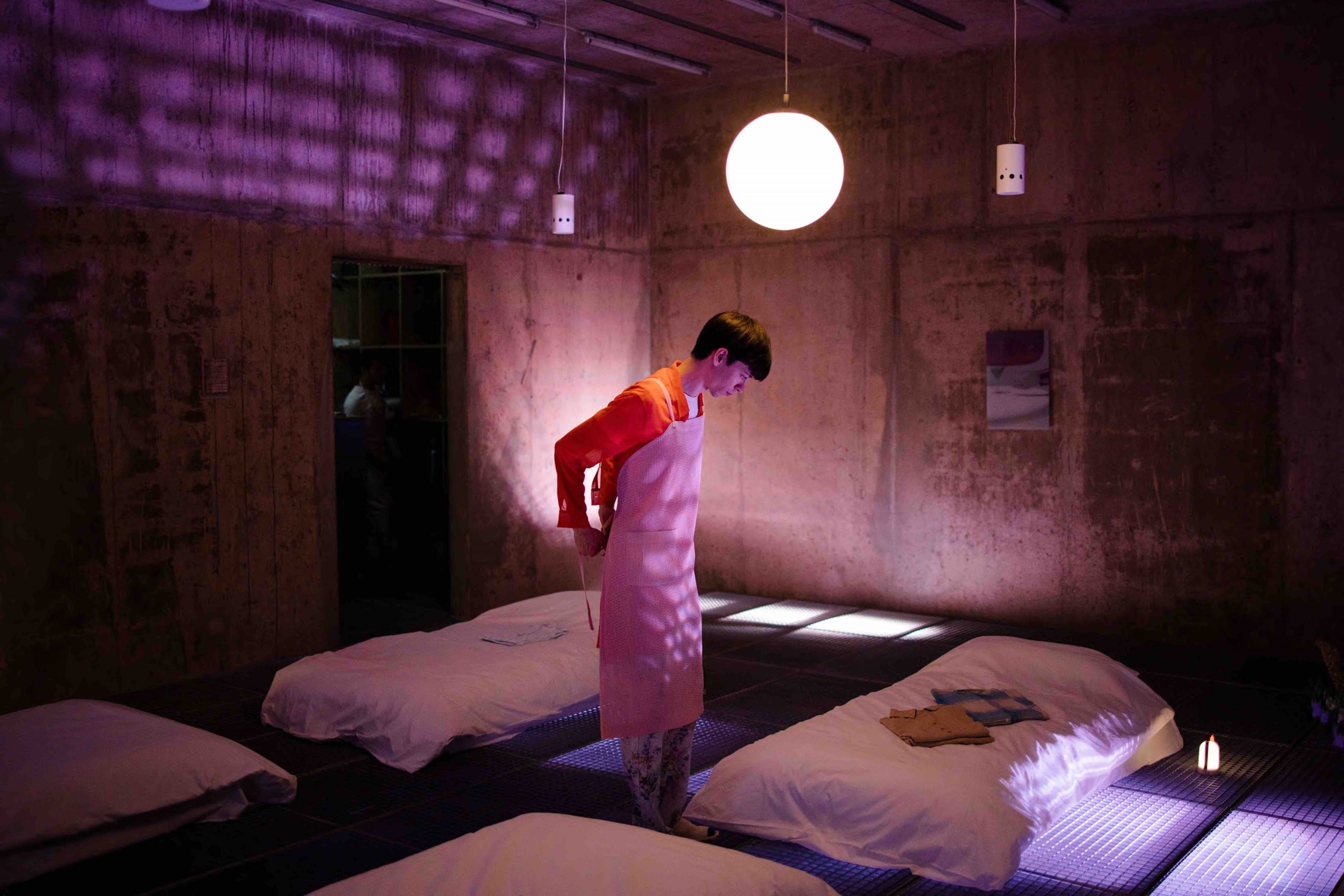PARTISAN CRITIQUE @ WIEN MODERN

Partisan Notes organized a four-day workshop in music criticism during the festival Wien Modern 2022. This event was realized in collaboration with the Austrian section of the International Society for Contemporary Music (IGNM) and the Frankfurt Society for New Music (FGNM). Three of the participants – Laurenz Entekhabi, Linda Schachinger and Nora Sprenger – recall some of the discussions.

In view of the historically charged term „partisan“ the somewhat disturbing title however can serve as a starting point for a critical examination of music. Since in times of social media shitstorms, like and dislike obscure the gray tones of criticism, partisan critique is not about opinions. As a partisan, one fights for an immanent and comprehensible music criticism, which is based on the aesthetic experience as well as a self-critical engagement with its own history. In doing so, one asks oneself what actually is the meaning and the function, the potential of music criticism today. To what extent does the art-critical, academic discourse influence the subjective experience of a work? What makes a work contemporary? Does the artistic value, the uniqueness of the work, lie only in the musical material and its form? And to what extent do factors such as space, performance practices, lighting and staging play a role? The partisan critique workshop was organized to give these questions and ideas a space and to create an opportunity for interested people to exchange ideas about contemporary music and music criticism. From November 17 to 21, a group of 20 musicologists, musicians, music lovers and composers came together under the direction of Monika Voithofer, Jim Igor Kallenberg and Christoph Haffter to discuss and critically rethink the musical works heard after attending concerts together as part of the Wien Modern festival. Some of these questions will be posed exemplarily on two of the discussed works:

Sara Glojnarić – Pure Bliss
This piece by Sara Glojnarić, who was born in Croatia and lives in Germany, was part of the concert of the same name at the Vienna Konzerthaus. The piece for electronics and orchestra, premiered by Klangforum Wien, is based on a repetitive pattern, which in terms of sound is most reminiscent of dull, alienated guitar chords of a pop song dipped in the friendliest major. In addition, lush instrumental sounds push and pile up, which oscillate between consonance and dissonance as well as between the dynamics and conjure up a delightful game with the timbres. About the title: Can and may it really be that a work calls itself like a Spotify relaxation playlist and means it quite unironically? Yes, because it is the non-negating will of the present in the form of a radical withdrawal of musical material in the synthesis of pop patterns and orchestral sounds, in which the work finds the latter on the fine line between obligingness [Gefälligkeit] and zestfulness [Gefallen].
Heiner Goebbels – A House of Call. My Imaginary Notebook
Heiner Goebbels combines recordings of human voices and the sound of an orchestra in his work consisting of 15 parts, his imaginary notebook. The recordings of the voices offer a kind of narration through the jumbled stages of a journey through Goebbels‘ acoustic memories and thoughts. They are wax cylinder recordings from the Phonogramm-Archiv Berlin, recordings of Goebbels‘ mother or noises, such as those of a construction site, which are placed in a tension relationship to the music. The recordings are played around, imitated, drowned out, caricatured or underlined by the orchestra. Moreover, the entertainment factor of the music played by the orchestra, which wanders through all kinds of genres, contrasts with the content of the spoken texts. In his work, Goebbels plays with technique and instrumentation, human voice and instruments, singing and speech, trivial and serious themes, music and noise. The voices used are torn from their bodies and contexts and merge with different musical styles, which are strung together block-like to create a new work all their own. This absurd use of the voices led to many questions in the discussion and makes one doubt that Goebbels had considered the context of the recordings. Rather, it seems as if this work is precisely about this intuitive, naïve, radically subjective way of putting them together.
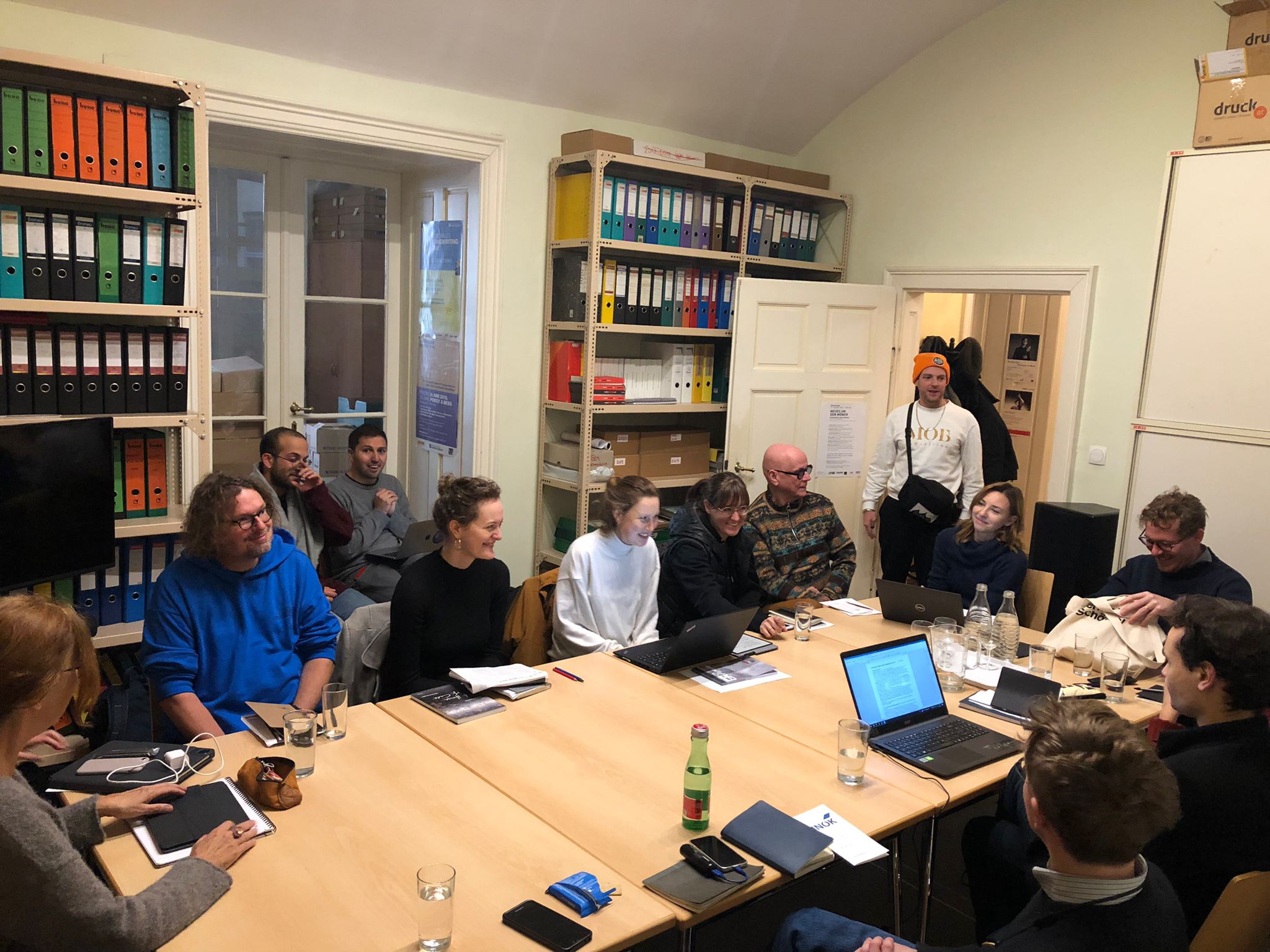
Text: Laurenz Entekhabi, Linda Schachinger and Nora Sprenger
English Translation: Monika Voithofer


